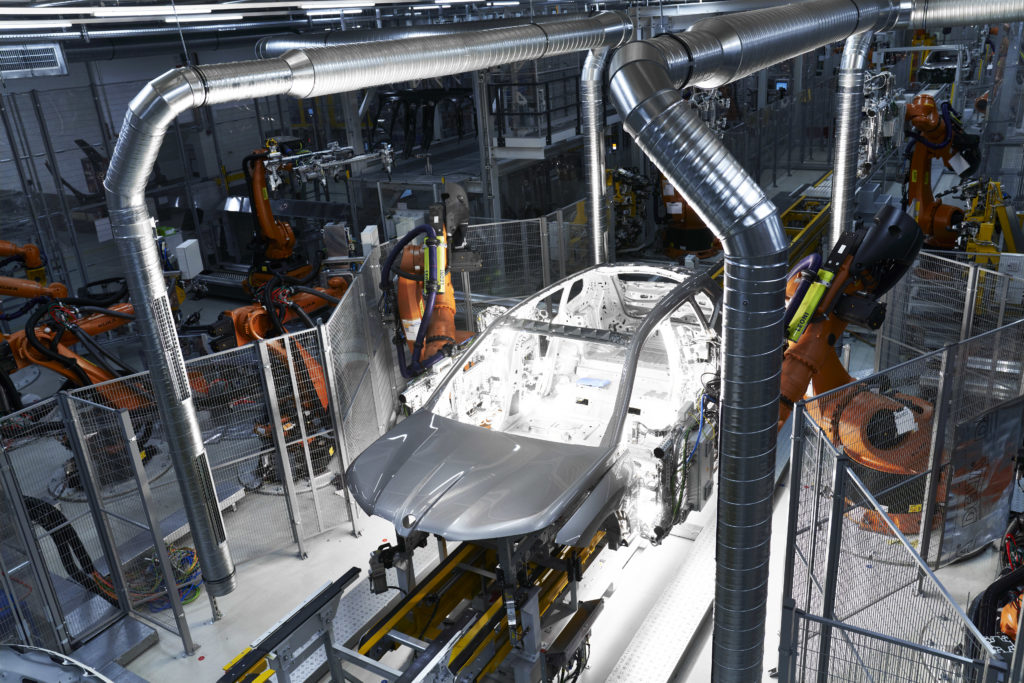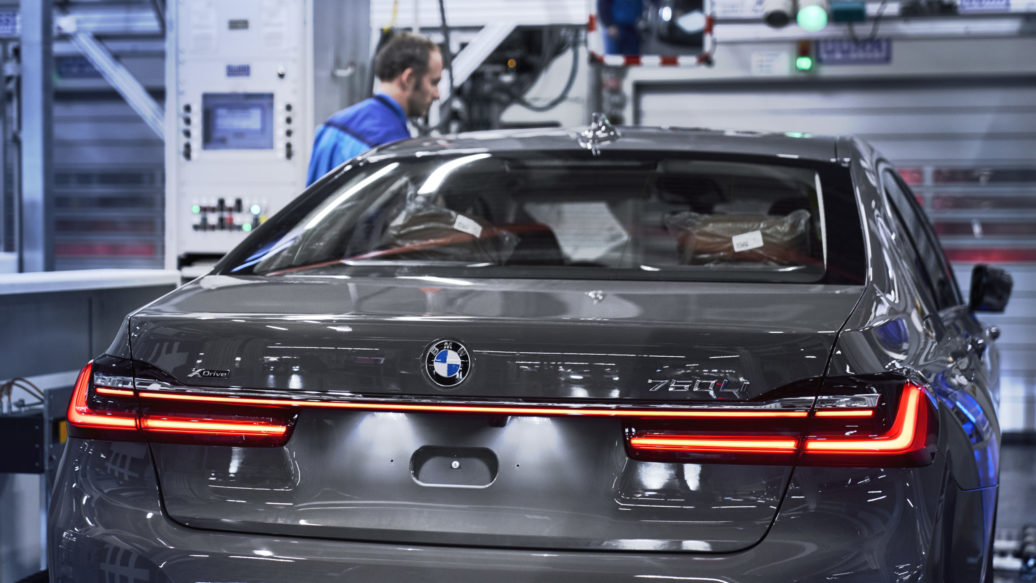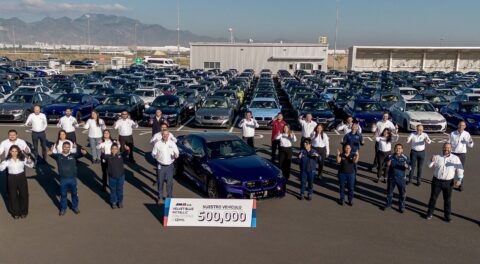According to various news media and automotive news outlets, BMW yesterday confirmed via a statement that the company had halted exports to Russia and would stop production within the country.
“Due to the current geopolitical situation, we are discontinuing our local production in Russia and export to the Russian market,” BMW announced in a statement.
BMW has joined a growing chorus of global brands and companies that have done their part to cut Russia off from the western world in response to the country’s invasion of neighboring Ukraine. Supply shortages resulting in production interruptions are also on the horizon in the near term, as German automakers maintain maintain some 49 production sites in Russia and Ukraine, according to the German car lobby group VD via Automotive News.
Russian BMW production totaled approximately 12,000 vehicles last year, all of which were built from semi-knockdown kits (SKD) at a factory in Kaliningrad operated with local partner Avtotor, a firm with whom BMW has maintained a relationship for more than two decades. Last year, sales of the BMW brand are said to have totaled 46,802, reflecting a 10% year-over-year gain.
Automotive News says production stoppages at BMW Group Plants Munich and Dingolfing in Germany along with Oxford in the U.K. will come next week. Production of engines in Steyr, Austria will also be suspended, while BMW Group Plants Leipzig and Regensburg in Germany are having to adjust production shifts. BMW has reportedly formed a crisis task force, a move similar to what automakers Volkswagen and Stellantis have also done.
One example of the supply of critical parts being interrupted as a result of Russia’s invasion of Ukraine is that of wiring harnesses, which are manufactured in two Ukrainian plants by German cable maker Leoni. The company, which has more than 100,000 employees around the world, said it was examining all options to compensate for production interruptions.
Because automobiles remain Germany’s largest export, and because the German economy is the largest in Europe, the length and ultimate result of the geopolitical situation currently unfolding in Ukraine could have a significant impact on the European economy. This comes after two years of shortages, supply uncertainty, and production interruptions that have largely been attributed to the COVID-19 pandemic, and at the same time that Europe’s dependence on Russian-sourced oil and gas is coming under intense scrutiny.—Alex Tock

[Photos courtesy BMW AG.]





















